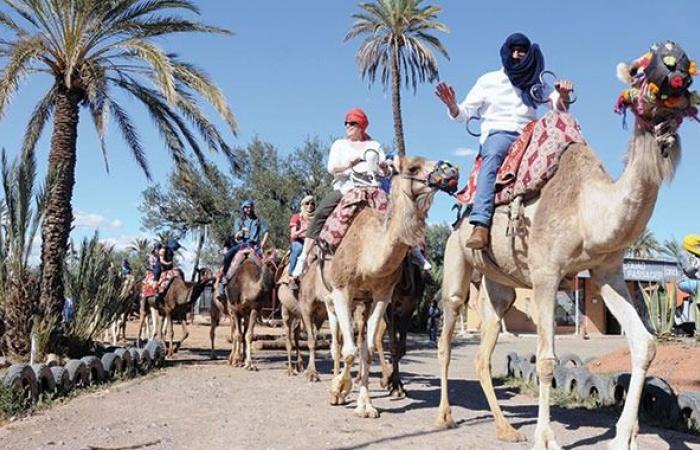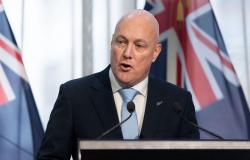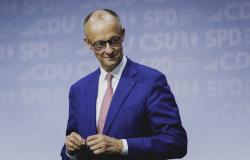As the major trends in the summer season 2025 are taking shape, an observation is essential to professionals in the sector: Morocco confirms its supremacy on the French tourism market, relegating Tunisia, Spain … and even Egypt in the background.
According to the latest data from the Travel Companies Observatory (EDV), 38 %of French travel agencies now place the kingdom at the top of their international sales, ahead of Tunisia (27 %) and Spain (23 %). A symbolic reversal, which illustrates as much the found vigor of Moroccan tourism as the diplomatic upturn between Paris and Rabat.
Among French travel agencies, brochures on Marrakech, Agadir and Essaouira have resumed their place in the window. After months of political tension having momentarily cooled bilateral exchanges, the climate seems peaceful, specifies the source. Tourism harvested the first dividends. The diplomatic upturn between France and Morocco, partially carried by convergence signals on African and migratory files, has made it possible to revive tourist flows, doped by air connectivity, which has become fluid again and political stability hailed by French operators.
Read also: With 24.6 billion dirhams, tourism stands out as a pillar of the economy
But the success of Morocco is not only explained by geopolitical considerations. It is also a substantive triumph, built on the regularity of its tourist offer, its upgrade hotel, and a renewed promotion strategy. While Egypt, formerly a flagship destination, undergoes the counterpouss of regional instability and internal social tensions, Morocco offers vacationers a sought -after balance between controlled change of scenery and logistics security. This combination continues to seduce, in particular a French clientele in search of exoticism without total rupture.
The figures translate this dynamic. Although the number of departures in April 2025 fell slightly 2 % compared to the same period last year, the value of sales climbed 7 %, driven by an average basket now evaluated at € 868-or almost 9,550 dirhams in other words, the French may leave less, but they spend more, favoring qualitative offers and high-value destinations. Morocco checks all the boxes of this new requirement.
In comparison, European destinations such as Italy (+20 %in value), Greece (+10 %) or Portugal (+9 %) record honorable performance, without threatening Moroccan domination. Turkey, in slight revival (+6 %), and the Dominican Republic (+20 %) are also pulling out of the game, but remain behind the French market, particularly in summer reservations.
In this competitive landscape, Morocco’s performance has a strategic dimension. It confirms the resilience of a sector which, two years after post-Cavid upheavals and diplomatic turbulence, finds its role of economic pillar. The summer of 2025 is therefore promising for Moroccan tourism, which, beyond its attendance, intends to capitalize on a rise and a policy of regional attractiveness.
There remains a shadow on the board: the tension on availability for the months of July and August, which could slow down the momentum observed. The barometer evokes a persistent wait -and -see wait in a fringe of French travelers, still hesitant to book. But on the Moroccan side, professionals say they are ready. Behind the scenes, tourism players sharpen their offers, anticipate the peaks of demand, and intend to demonstrate that Morocco is more than ever the promise of a successful summer.








